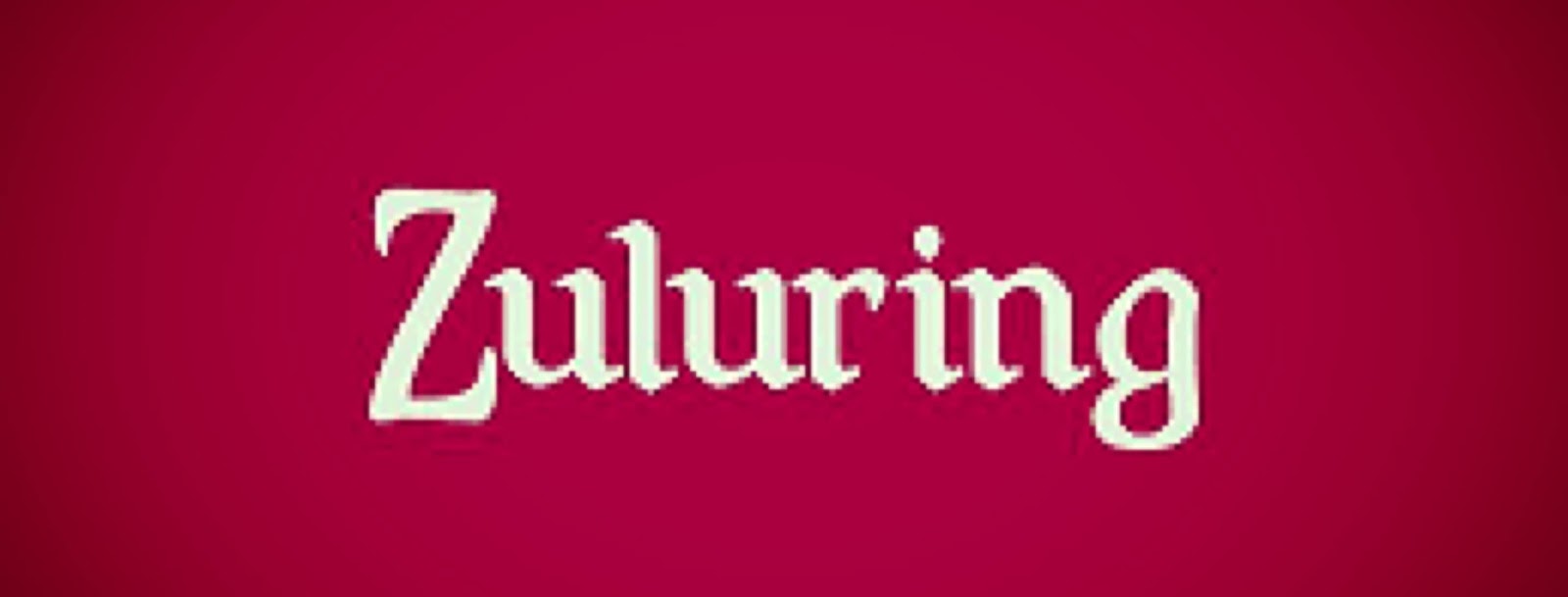Chapter 3 Summary: The Consolidation of Power
In Chapter 3 of George Orwell's "Animal Farm," the animals continue to work diligently under the new leadership of the pigs, Snowball and Napoleon. The farm experiences a period of productivity and progress as the animals strive to make their collective vision of Animalism a reality.
Snowball, known for his intelligence and passion for education, introduces various initiatives to improve the farm's efficiency and infrastructure. He advocates for the construction of a windmill to generate electricity, believing it will benefit all the animals in the long run.
Napoleon, on the other hand, focuses on consolidating power and building alliances that will strengthen his position on the farm. He forms relationships with the neighboring farmers, engaging in trade and diplomacy to secure resources and protect Animal Farm from potential threats.
As the windmill project gains momentum, divisions begin to emerge among the animals regarding its necessity and the allocation of labor. Snowball and Napoleon clash over the direction of the farm, with Snowball advocating for progress and innovation while Napoleon emphasizes security and control.
The chapter culminates in a dramatic showdown between Snowball and Napoleon, leading to Snowball's expulsion from the farm. With Snowball gone, Napoleon seizes power and establishes himself as the sole leader, setting the stage for his authoritarian rule and the erosion of the principles of Animalism.
Chapter 4 Summary: The Unraveling of Utopia
In Chapter 4 of "Animal Farm," Napoleon's ascension to power marks a turning point in the farm's trajectory, as his authoritarian tendencies begin to undermine the ideals of equality and solidarity that once defined Animalism.
Under Napoleon's leadership, the farm undergoes a series of changes that prioritize the pigs' comfort and privilege over the welfare of the other animals. The pigs move into the farmhouse, adopting human luxuries and habits that contradict the principles of the revolution.
Squealer, Napoleon's loyal propagandist, manipulates the truth and revises history to justify the pigs' increasing privileges and control. Through cunning rhetoric and deception, Squealer convinces the animals that Napoleon's actions are in their best interest, despite evidence to the contrary.
As the animals toil under harsh conditions and witness the pigs' growing arrogance and greed, dissent simmers among them. However, fear and manipulation keep them in check, preventing open rebellion against Napoleon's oppressive regime.
The chapter concludes with a sense of disillusionment and foreboding as the animals grapple with the realization that their utopian vision of Animal Farm is unraveling. The gap between the ruling class and the working class widens, highlighting the dangers of unchecked power and the erosion of revolutionary ideals in the face of corruption and self-interest.
